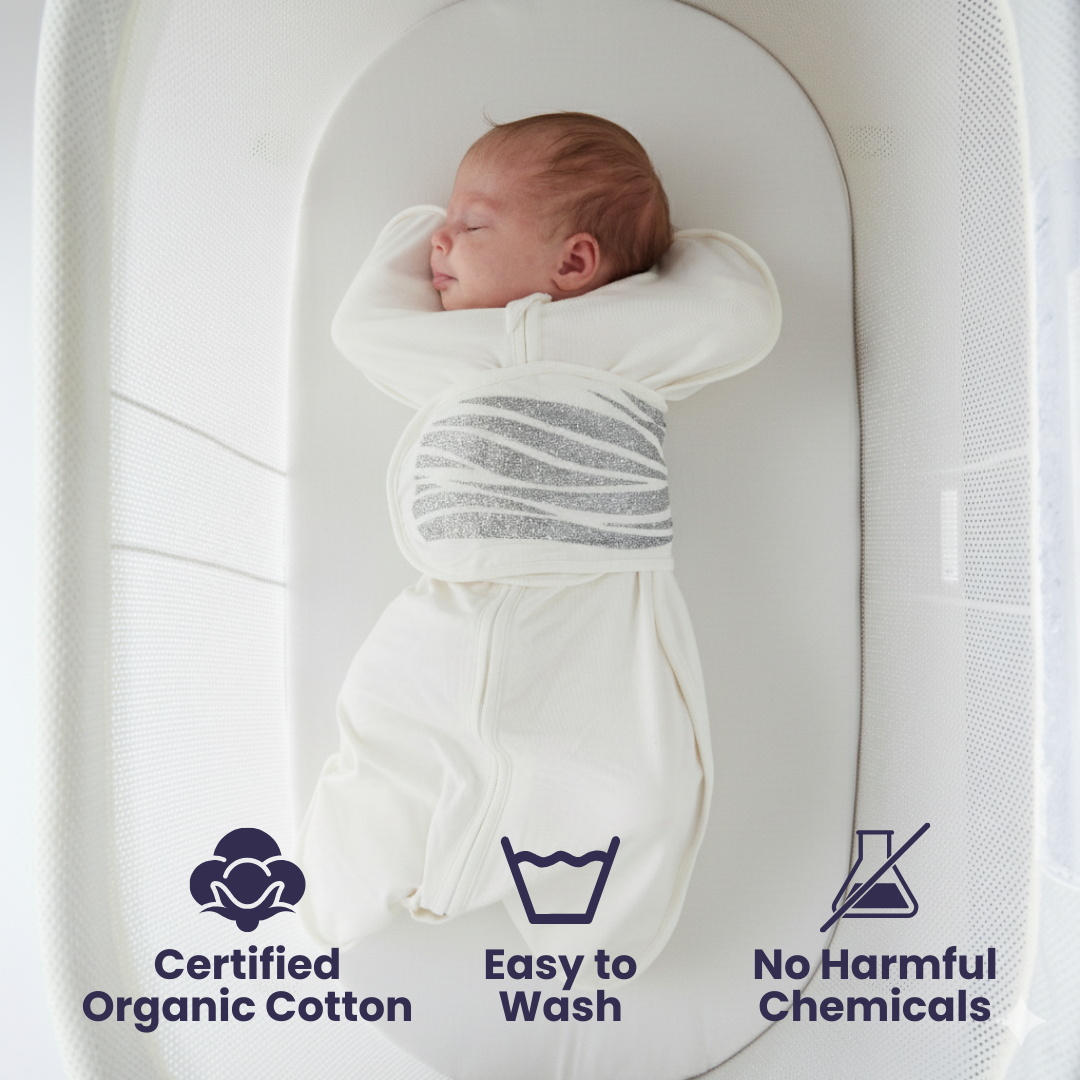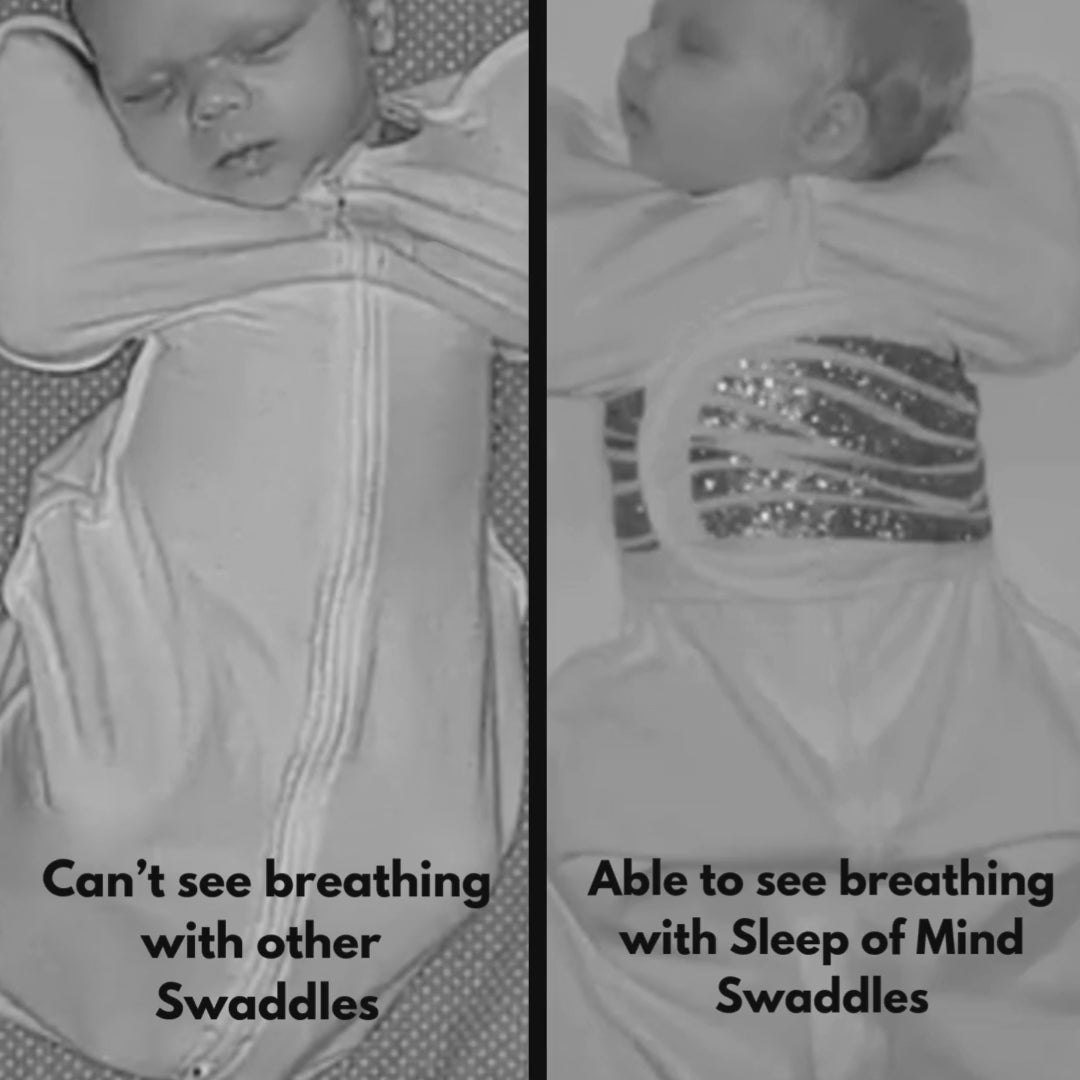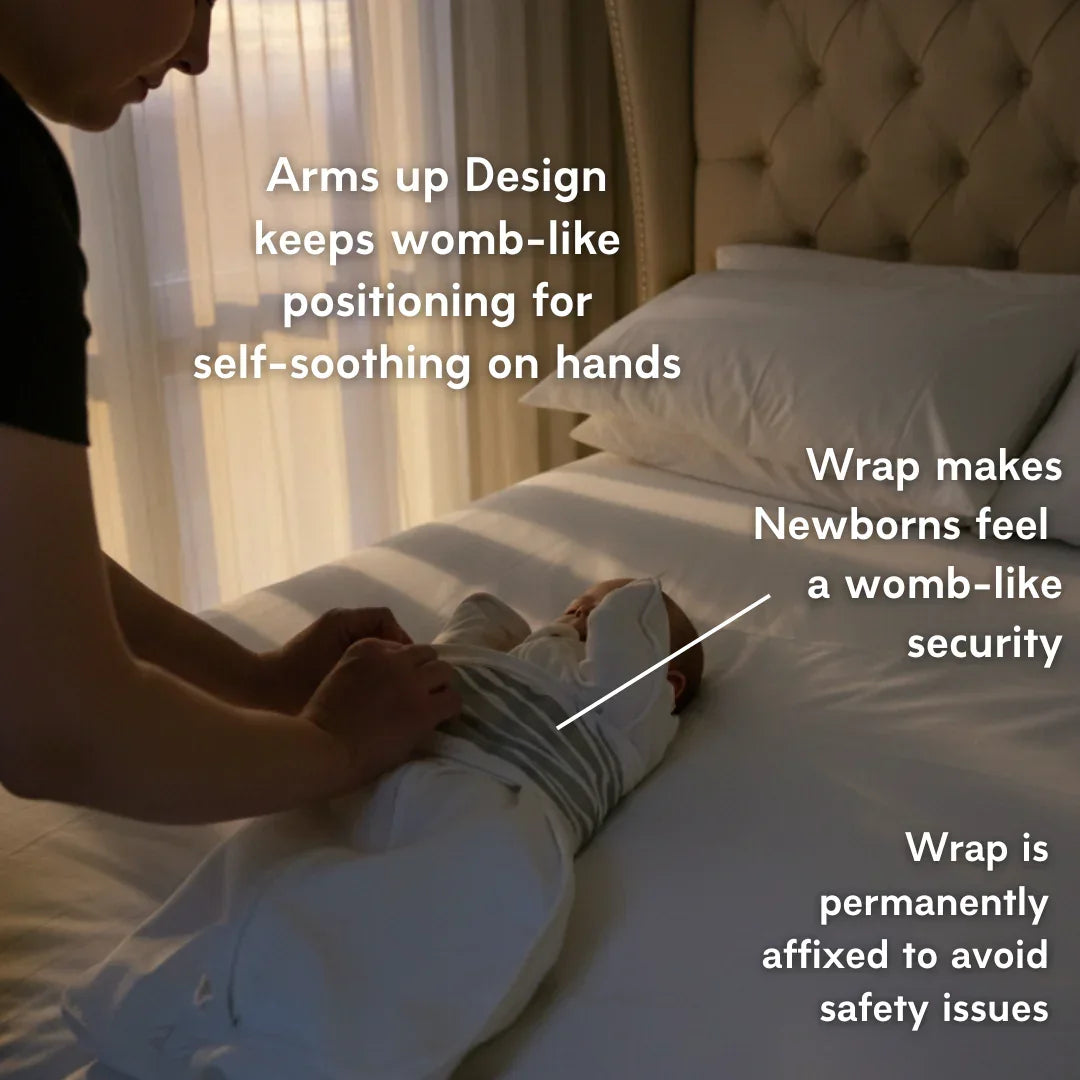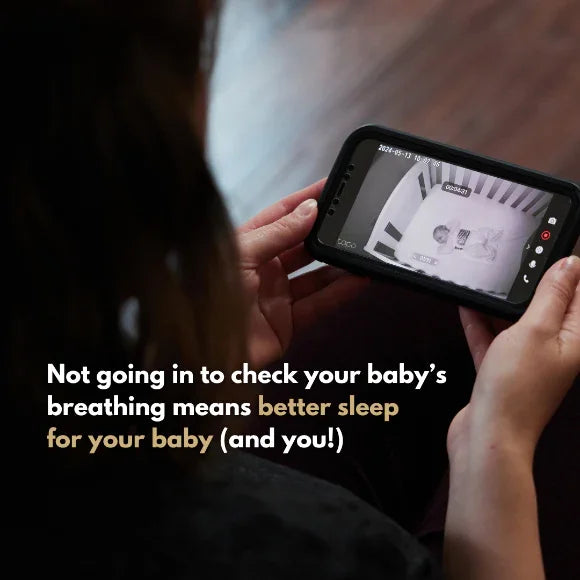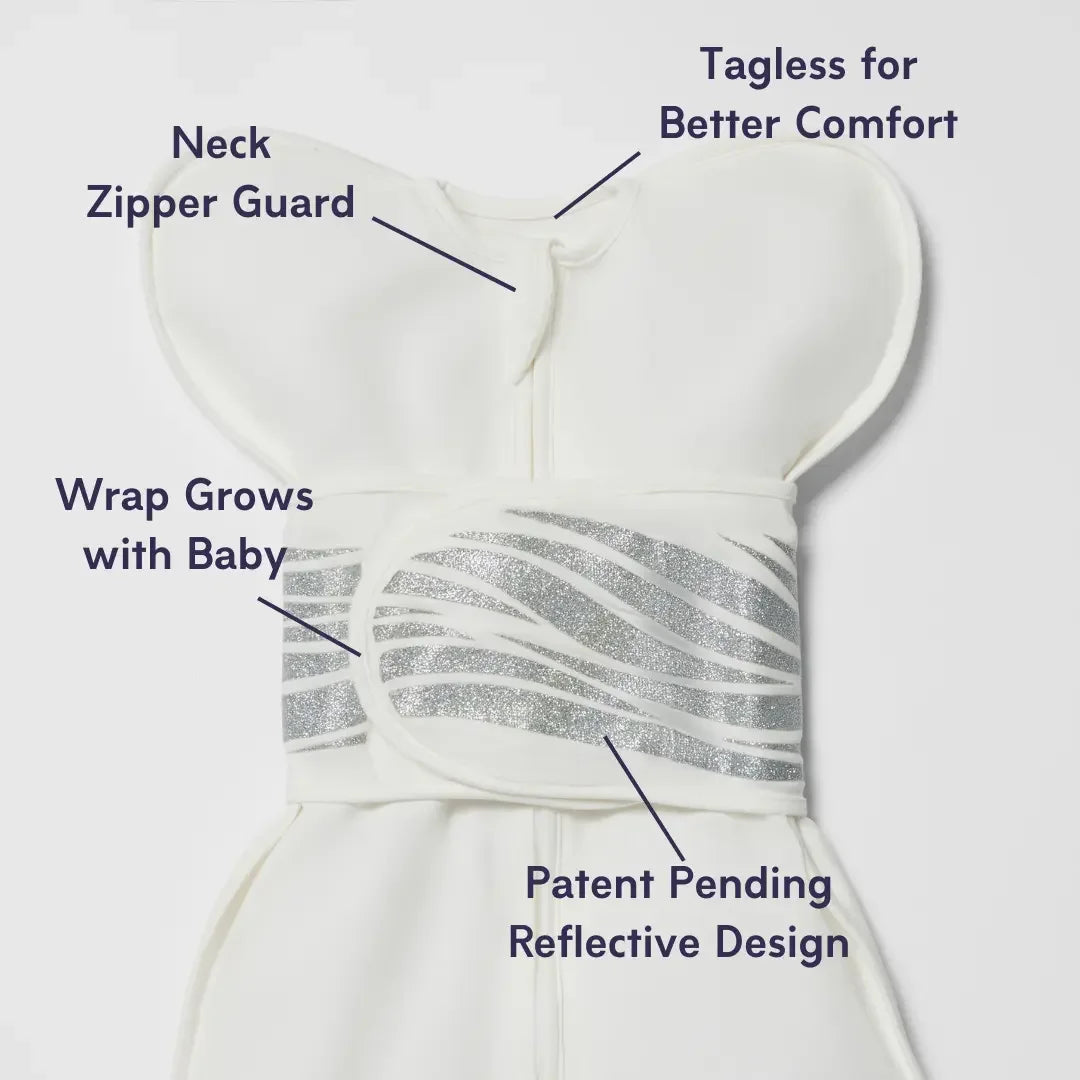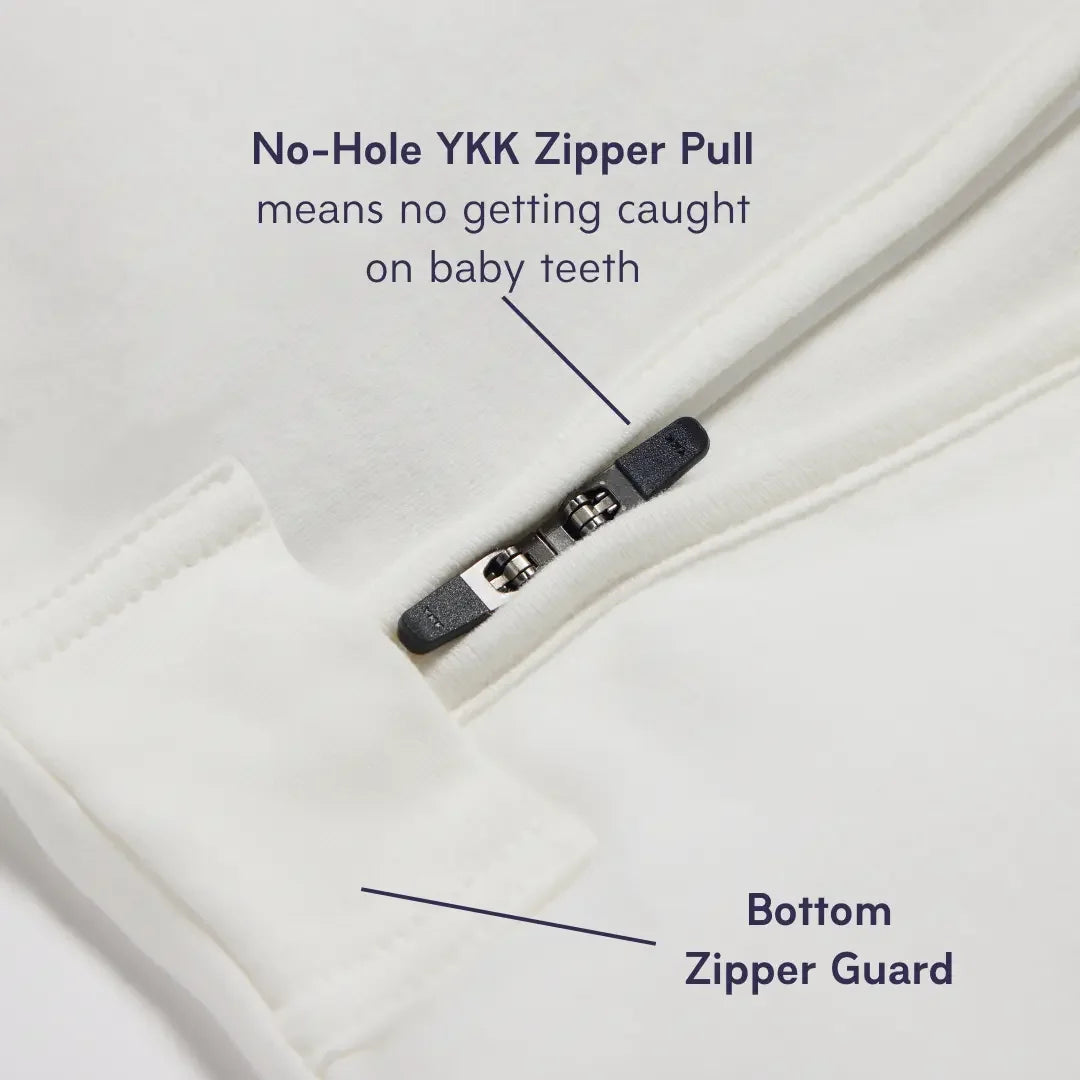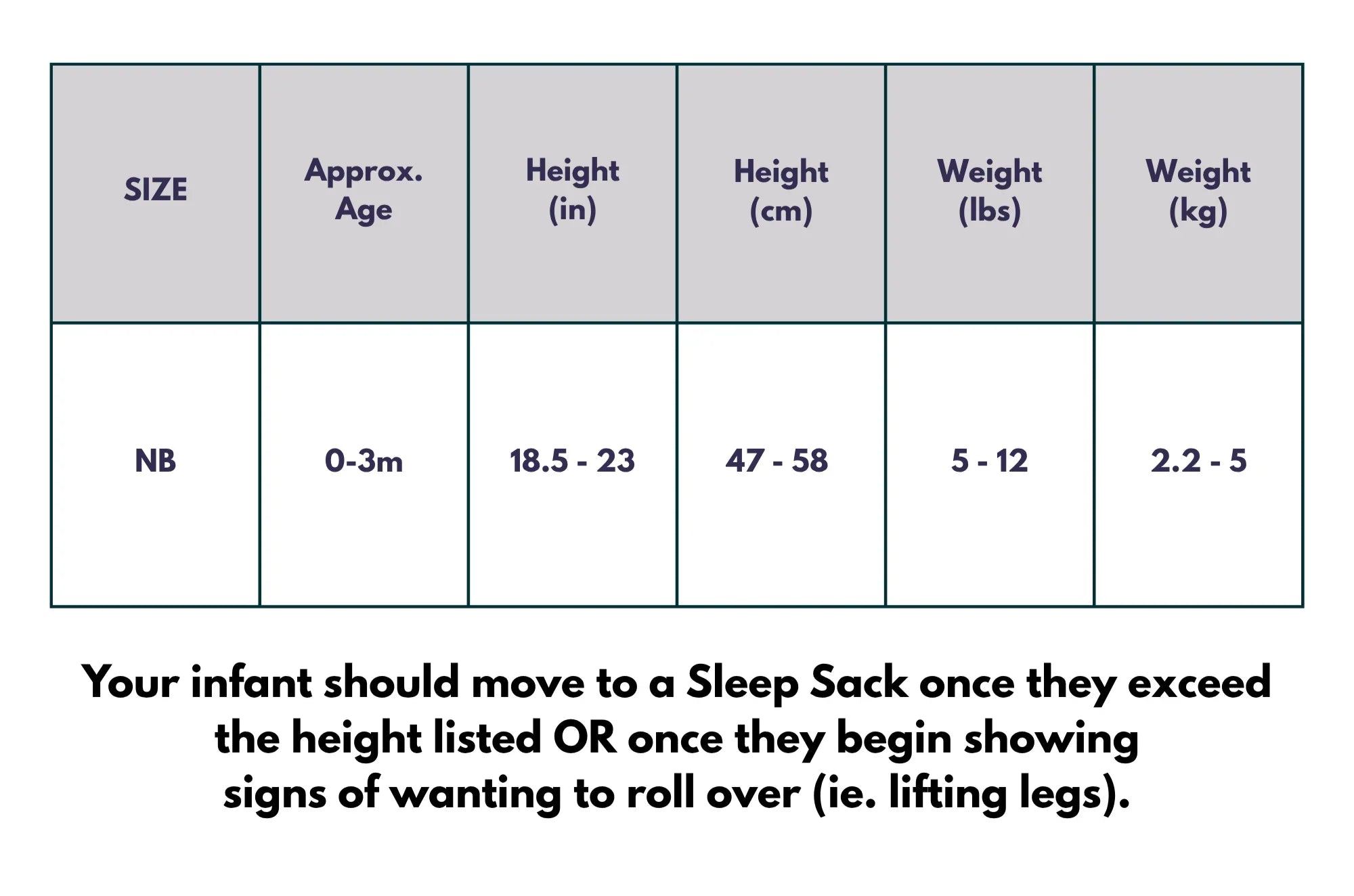If you’ve ever sat in the quiet of the night listening to your newborn, you know that “quiet” is a relative term. Babies grunt, squeak, snuffle, and sigh—sometimes loudly enough to wake you from a deep sleep.
It can be unsettling, especially for new parents. Is this normal? Is my baby struggling to breathe? Do I need to call the doctor? Let’s walk through what the experts say.
Why Do Newborns Grunt?
According to the American Academy of Pediatrics (AAP), most newborn noises—including grunts—are completely normal and simply part of your baby’s developing breathing patterns and digestion.
Digestion and Bowel Movements
In the first few months, babies’ digestive systems are still maturing. The Mayo Clinic notes that babies often strain or grunt during bowel movements, even if they’re not constipated.
Grunting During Active Sleep
Newborns spend up to half of their sleep in “active sleep” (similar to REM sleep in adults), during which they may twitch, squirm, or make noises, including grunts. This is perfectly normal.
Learning to Breathe Outside the Womb
The Cleveland Clinic explains that newborns have irregular breathing patterns—sometimes taking shallow breaths followed by deeper ones. Mild grunting can accompany these transitions.

When Grunting Might Be a Warning Sign
While most newborn grunting is harmless, you should call your pediatrician immediately if you notice any of the following alongside the grunting:
-
Rapid breathing (more than 60 breaths per minute at rest)
-
Flaring nostrils
-
Blue or dusky skin, lips, or tongue
-
Persistent grunting with every breath
-
Retractions (the skin pulling in between the ribs or under the ribcage)
These may be signs of respiratory distress and require prompt medical attention.

How to Ease Your Anxiety About Newborn Noises
Even knowing that grunting is usually harmless, it’s natural to feel a rush of worry when you hear unexpected sounds in the middle of the night.
Normal Newborn Breathing Patterns
Babies breathe differently than adults. Short pauses, noisy breaths, and soft grunts can all be normal—especially during sleep or digestion. Still, parents often need reassurance that everything is okay.
Why the Sleep of Mind Swaddle Helps Parents Rest Easier

That’s why I created the Sleep of Mind Swaddle—designed to give parents peace of mind without having to hover over the crib.
Our patent-pending design makes it easy to visually confirm your baby’s gentle chest rise and fall—right through your own baby monitor—so you can check their breathing from wherever you are. No need for batteries, bluetooth or apps. See it for yourself.
The Sleep of Mind Swaddle lets you clearly see your newborn breathing with the use of any baby monitor. It even works with the light from your phone if baby is sleeping in your room.
Bottom Line
Newborn grunting is a normal part of early life, often tied to digestion, sleep, or breathing maturation. Still, trust your instincts—if something feels off, call your pediatrician.
In the meantime, know that you don’t have to lose sleep worrying every time you hear a new sound. With the right information and tools—like the Sleep of Mind Swaddle—you can rest easier, knowing you’re doing everything you can to keep your baby safe and comfortable.

References:
-
American Academy of Pediatrics. Breathing Problems in Newborns. HealthyChildren.org.
-
Mayo Clinic. Baby poop: What’s normal.
-
Cleveland Clinic. Why Do Newborn Babies Make Noises While Sleeping?


